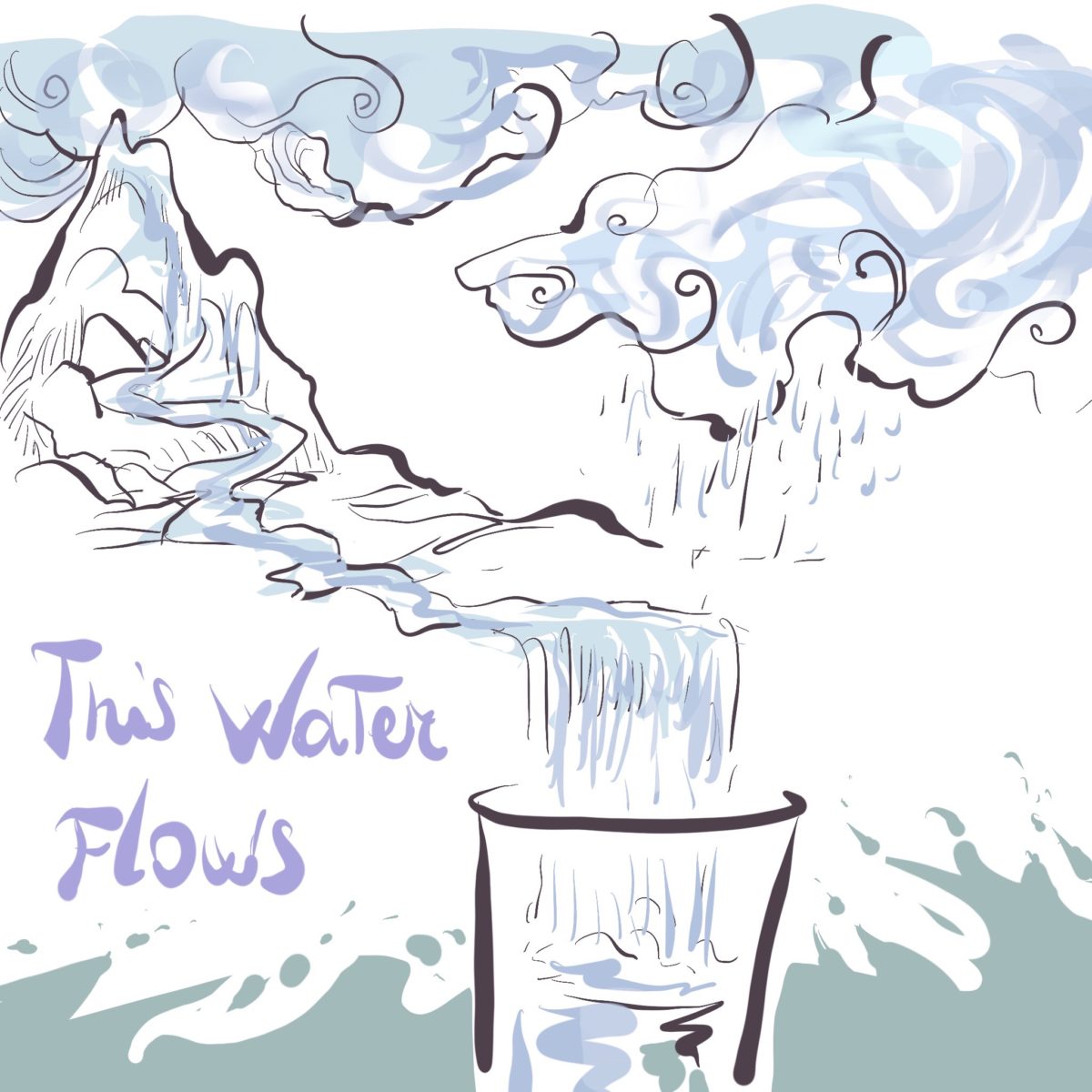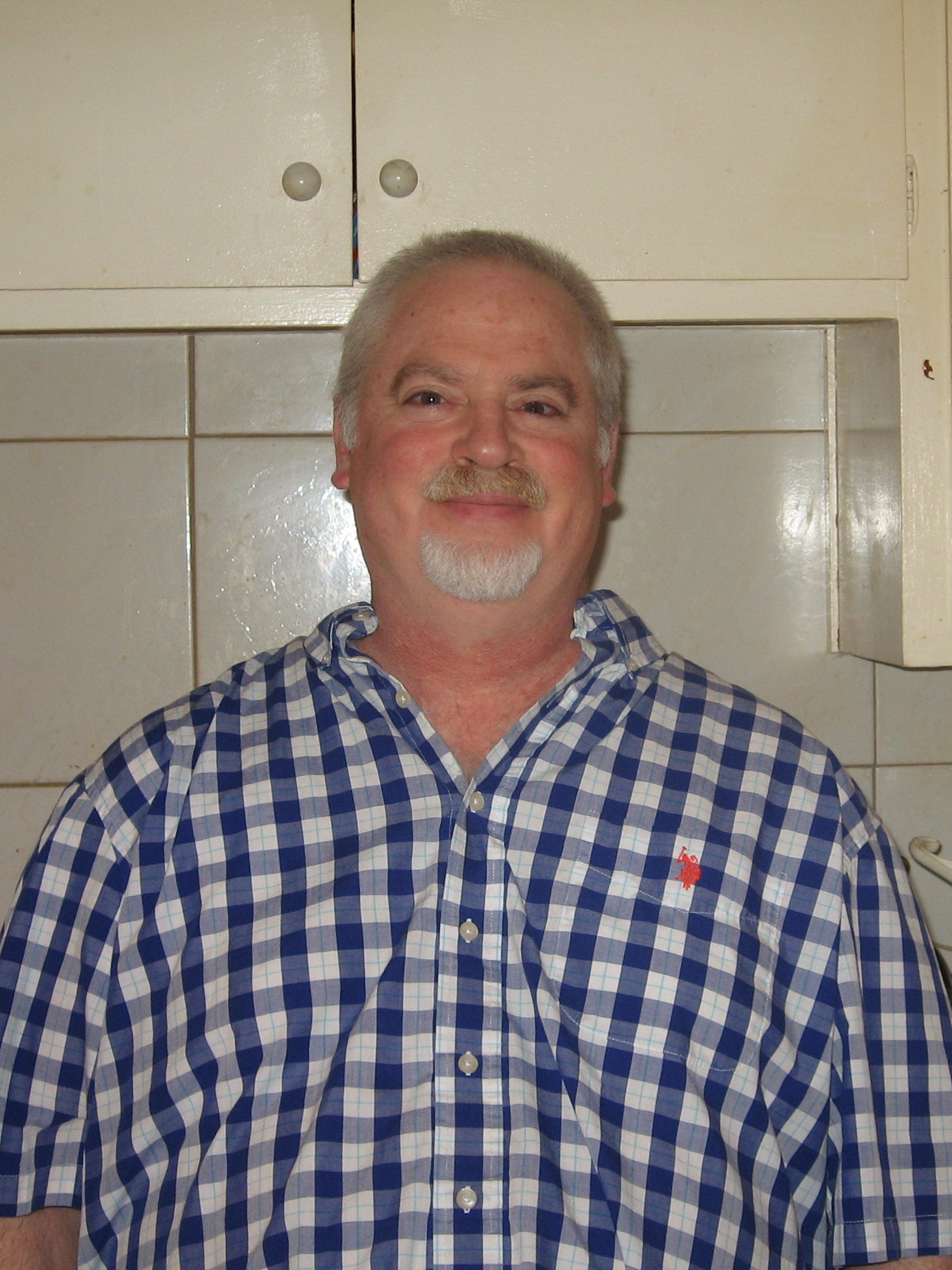By Jack Bragen

The purpose of mindfulness is not to make you a more efficient worker. Rather, it could make you more aware of the work you are doing and more aware of how it affects others. Meditation might help you tune into deeper levels of your work.
I never seem to experience a shortage of work, despite being disabled and receiving government benefits.
By Jack Bragen

The purpose of mindfulness is not to make you a more efficient worker. Rather, it could make you more aware of the work you are doing and more aware of how it affects others. Meditation might help you tune into deeper levels of your work.
I never seem to experience a shortage of work, despite being disabled and receiving government benefits. My writing career is a small supplement to my income, and there are always possible writing projects. My mind generates more ideas than I could execute.
After trying all sorts of jobs, I realized that I am not suitable for traditional employment, so I became a writer. I have written for about a dozen publications. If I can maintain lightheartedness when dealing with submissions, editors, rejections, and payments, it increases my efficiency.
I write a column for the Berkeley Daily Planet, which is a partly autobiographical, weekly essay from the perspective of a mentally ill person in recovery. I have rarely missed a week in seven years. I continued writing even when my father passed away, and it provided me solace, structure, and a point of reference.
At times my wife and I argue about doing tasks in our two-bedroom apartment; it seems there is never a shortage of cleanup that needs to be done. Thich Nhat Hanh teaches us to be present when we are doing anything: for example, when we are washing the dishes, we only wash the dishes. Since I still have some resistance to this task, my solution is to see myself as washing one dish. I go into the kitchen and just wash one dish. If the dishes are piled high, I wash one. Then, when I am on the second dish, I am still washing just one dish. I do my best to not sacrifice mindfulness of the task for speed or efficiency.
The task of washing dishes is translatable into having a number of tasks before me, many of which are non-negotiable. I list everything I can think of, and I try to focus on doing one thing. When I make the car payments, when I pay rent, or when I pay other bills, it’s always this month's car payments, rent, or bills.
When I was in high school, I was bullied and it made me miserable. To survive, I learned to not think about the future. When I was at home, I was at home and not carried away in my mind with the experience of being bullied. My writing does this for me too. I am told that my writings on mental health are of benefit to a lot of people, so to me, writing isn't a task. It’s a joy that contributes and connects me to others.
After I write this today, I need to go wash one dish. I will tell myself I am only going to wash one dish and then, once in the process of washing dishes, a second wind might kick in and I will end up doing all of them.
If I look too much at the big picture, everything feels daunting. However, if my primary focus is on the present, I can accomplish what needs to be done.

Jack Bragen’s first attempts at meditation date back thirty years to a time shortly after he became mentally ill. He lives with his wife Joanna in Martinez, California.

